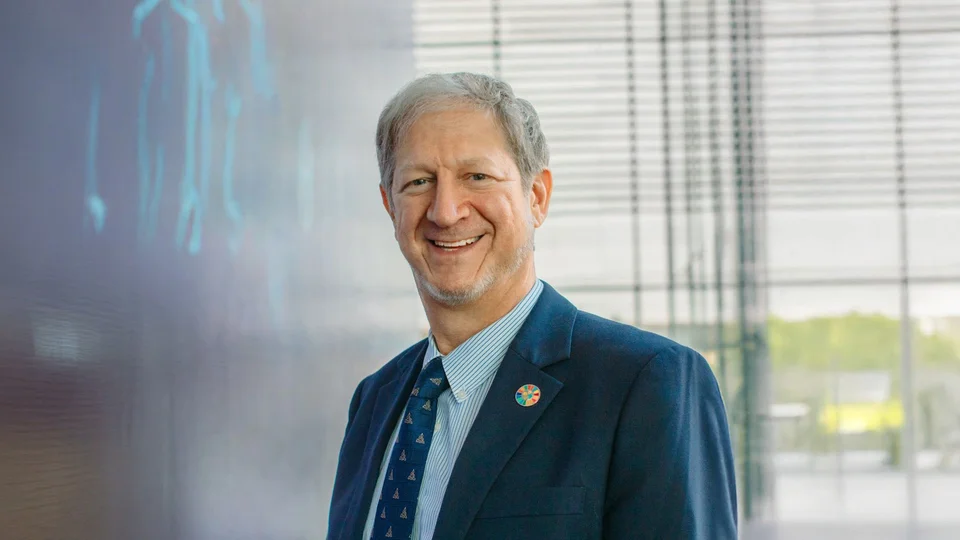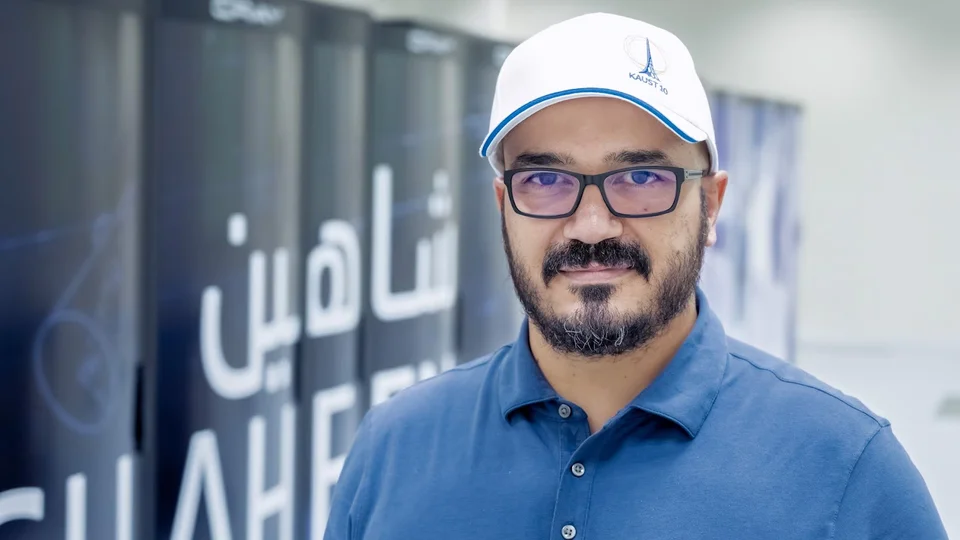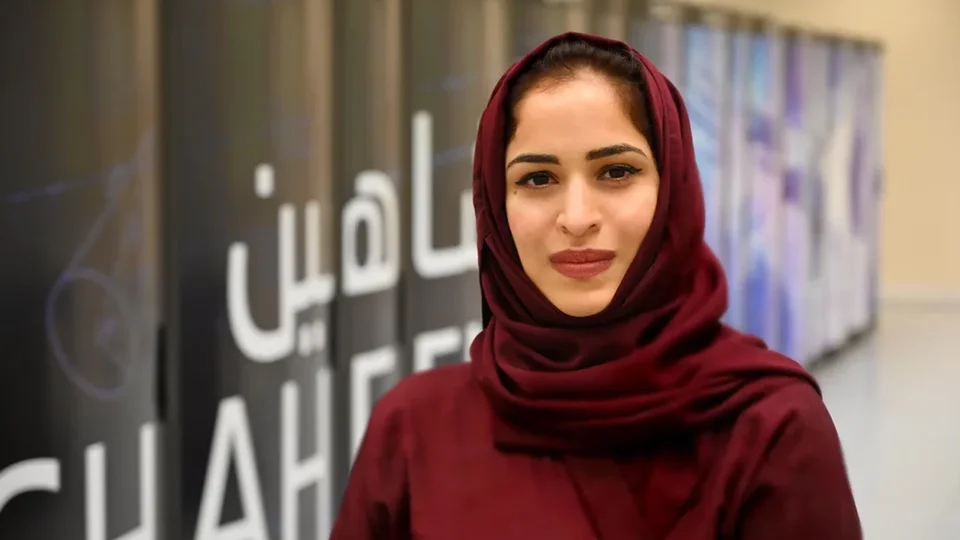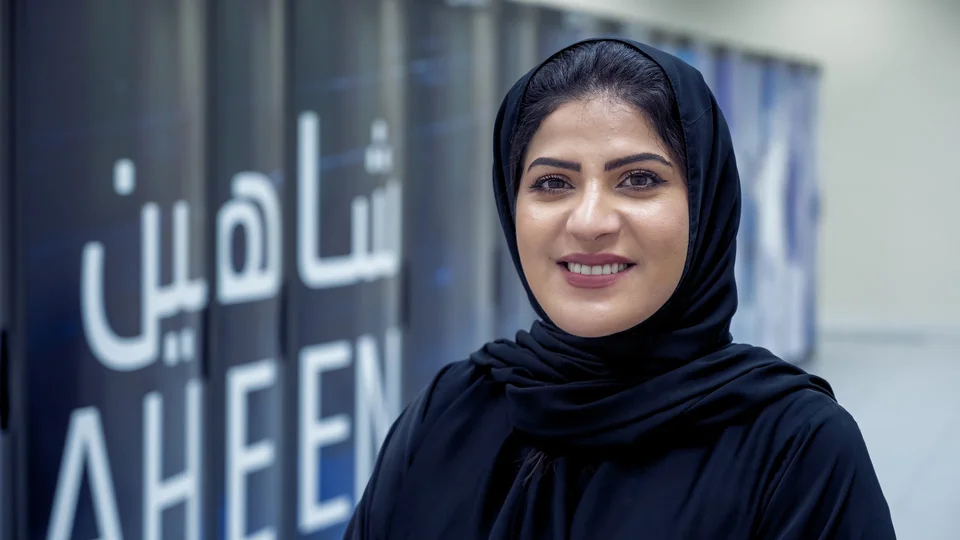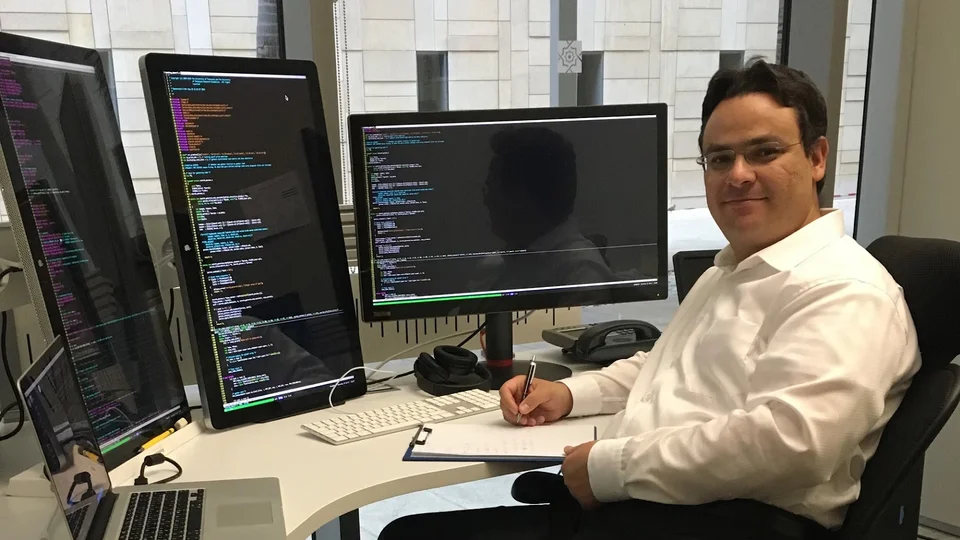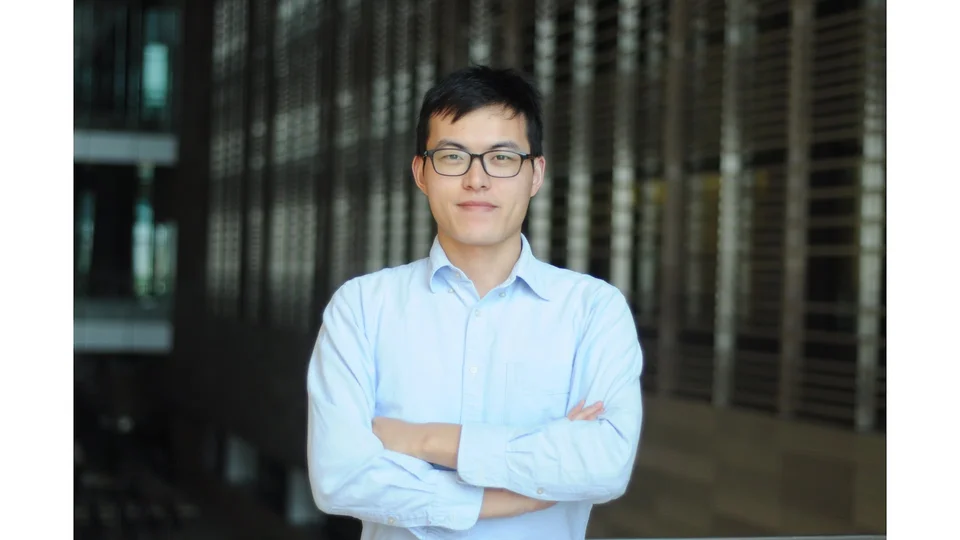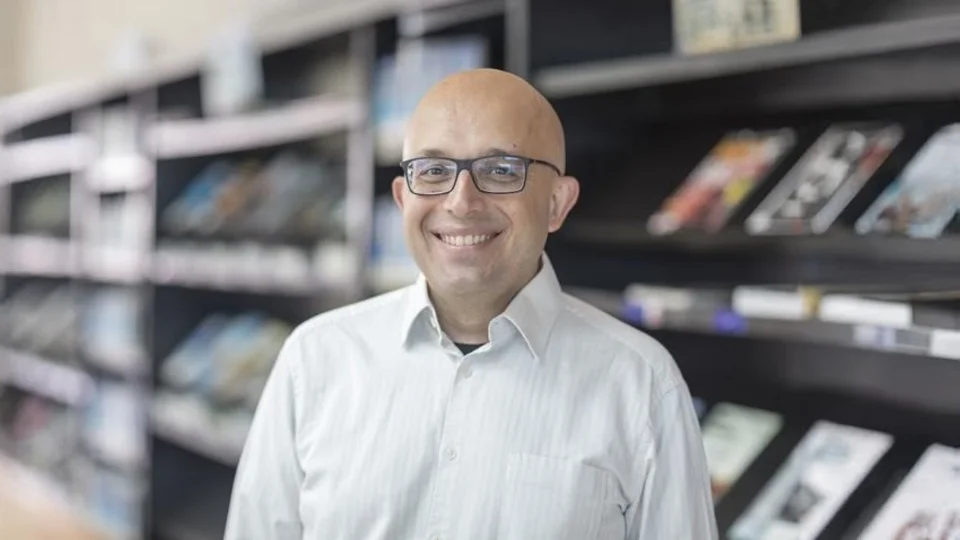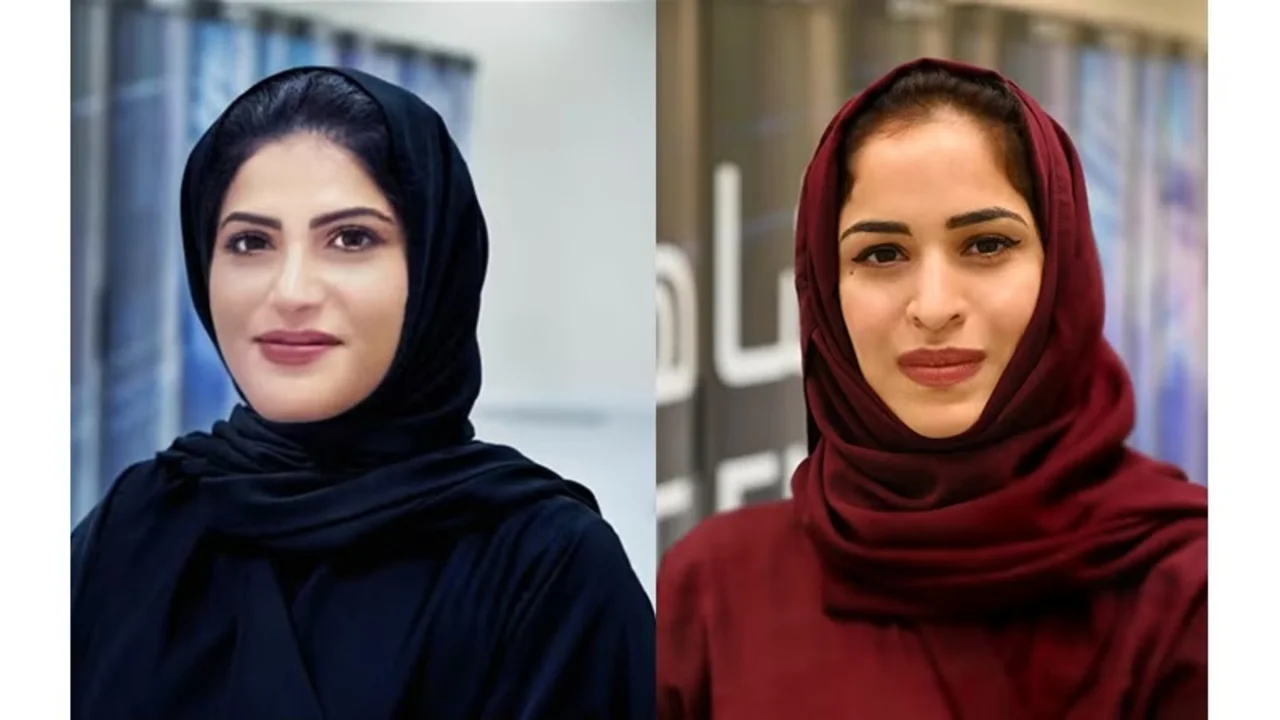
KAUST scientists win prestigious Gauss Award for supercomputing excellence
KAUST Ph.D. graduate Dr. Noha Al-Harthi and doctoral student Rabab Alomairy, have won the German Gauss Center for Supercomputing (GCS) Award for original research that best advances high-performance computing. This makes KAUST the first Middle Eastern institution to receive this prestigious award.
About
KAUST Ph.D. graduate Dr. Noha Al-Harthi and doctoral student Rabab Alomairy, have won the German Gauss Center for Supercomputing (GCS) Award for original research that best advances high-performance computing. This makes KAUST the first Middle Eastern institution to receive this prestigious award.
The winning team, which is part of the KAUST Extreme Computing Research Center (ECRC), focused on optimizing a class of solvers for data-sparse, high-performance computing (HPC) applications. The team focused their optimization work on acoustic boundary integral equations, common in a variety of engineering and fluid dynamics applications.
The two Saudi scientists said the award would enable them to support their research offer the chance for them to conduct experiments on the supercomputer "Isambard," located in Bristol, U.K. in addition to opening up a plethora of other opportunities for them in computing globally.
"I'm happy that KAUST could support the intellectual maturity of two ambitious women who entered our program with no experience or expectations about high-performance computing, by building on undergraduate training from Effat University and King Abdulaziz University," said David Keyes, director of the ECRC and professor of applied mathematics and computational science.
"This is a credit to the University's interdisciplinary academic structure and it also demonstrates how world-class facilities can inspire achievement," Keyes continued. "An irony is that the chapter of Noha's thesis that was fashioned into the prize-winning paper was an afterthought. Dean Mootaz Elnozahy (CEMSE) believed that the thesis needed an extra chapter, which launched a push against the deadline to enlist recently developed software in our group in Noha's acoustic scattering application."
For Al-Harthi and Alomairy, winning this award is a "tremendous honor and a prestigious recognition," which makes them very proud of their accomplishments in the supercomputing industry, pushing them forward to turn their ambitions into reality.
The winning paper grew out of Al-Harthi's dissertation on 'Fast Solvers for Acoustic and Electromagnetic Scattering Problems.'
"That is about developing an efficient and fast numerical method for analyzing and solving acoustic and electromagnetic wave-scatting problems from large 3D objects such as airplanes and submarines," Al-Harthi, who is now a technology lead at NEOM, said.
Her research partner Alomairy works on accelerating the numerical algorithm-using task based programming models on the KAUST-based Shaheen II supercomputer, ranked the world #38 fastest supercomputer, and other systems abroad whose access has been opened to her including the world's #1 supercomputer at Oak Ridge National Lab in the U.S. While working on her doctoral research, Alomairy was able to accommodate 2.5 million unknowns on 1,024 nodes of the Shaheen II supercomputer.
"For me, as a Ph.D. student, [the award] pushes me to work on more challenging problems, such as now simulating the transportation of coronavirus within a droplet and inside a conduit of the upper respiratory system by collaborating with MINES Paris Tech, PSL University in France," Alomairy said.
Read the full article.
